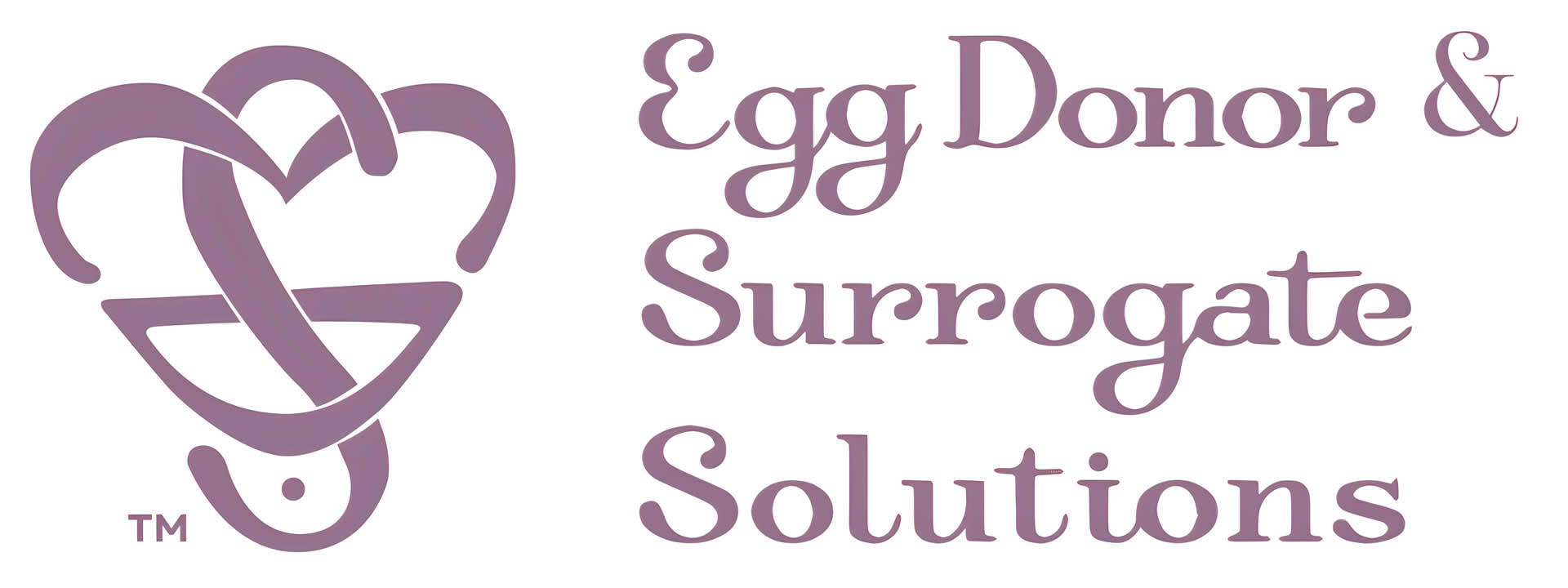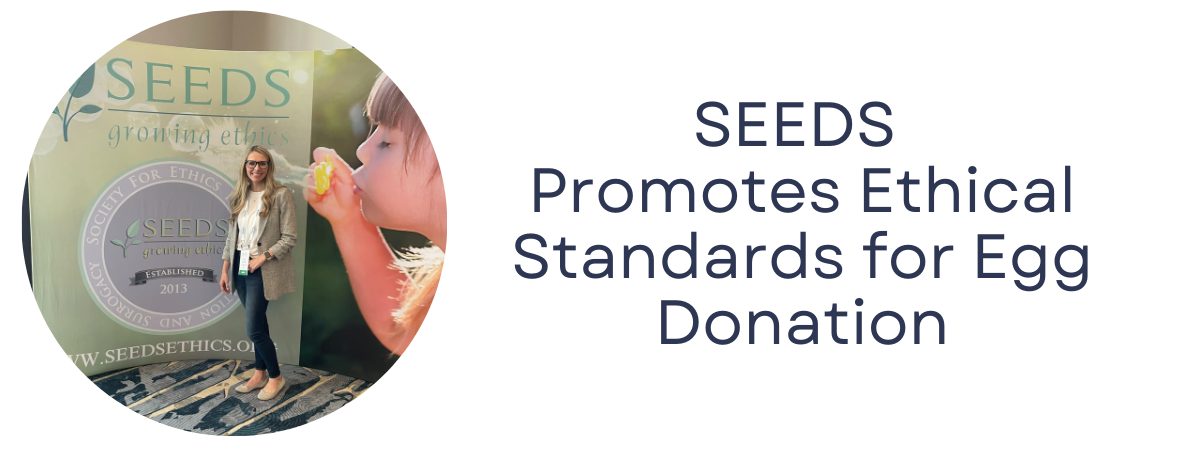How do you know if the egg donation/ surrogacy agency you’ve selected adheres to ethical standards and operates with your and your donor’s best interests in mind? A good barometer for this is if the agency is a member of the Society for Ethics in Egg Donation and Surrogacy (SEEDS).
SEEDS is a nonprofit organization whose mission is to define and promote ethical behavior by all parties involved in third-party reproduction. SEEDS was founded by a group of egg donation and surrogacy agencies. Its current membership includes numerous agencies, as well as attorneys, psychologists and other industry professionals.
Egg Donor & Surrogate Solutions Executive Director Katy Encalade has been a member of SEEDS since 2018 and recently joined the Board of Directors.
“I’m excited to serve SEEDS in a leadership capacity and to be part of an organization that is shaping the future of our industry to ensure that intended parents (IPs) and donors are guided well and ethically,” Katy says. “For our IPs at Egg Donor Solutions, our affiliation with SEEDS means they take comfort in knowing that our agency is committed to ethical practices in all areas of our business – from how we recruit and vet egg donors to how we educate and care for both IPs and donors throughout the process.”
Creating ethical standards Third-party reproduction (or donor conception) is an ever-evolving industry. SEEDS is working to create a unified voice for its members and has made great progress in establishing a set of standards that the organization recommends all agencies follow.
Some of these standards include:
- Storing information – agencies should keep ongoing records of the names and contact information for all parties as the agency is often the only entity that possesses this information for both IPs and donors.
- Protecting confidential information – agencies should take proper security measures to protect sensitive information such as social security numbers, donors’ medical records and legal contracts.
- Disclosure of information – agencies should disclose important information to both IPs and egg donors. For IPs, this may include any life-changing events that could cause the donor stress (job loss, move, etc.), the donor’s perceived enthusiasm and understanding of her obligations as an egg donor, and confirmation that there is no known criminal record or history of drug or physical abuse for donor.
- Genetic evaluations for gamete donors – a genetic consultation with a licensed and board-certified genetic counselor should be provided for all donors.
- Gauging the emotional readiness of donors – in addition to a psychological evaluation of the egg donor, agencies should ask specific questions to gauge the emotional maturity and readiness of the donor to move forward with the donation to the best of her ability. Agencies should ask about the donor’s support system; her ability to take time off from work, school or family obligations to commit to the cycle; if she’s willing to meet the IPs and any future children; and her understanding of the requirements to be an egg donor (daily injections, medical appointments, etc.).
- Agency agreements – in an egg donation arrangement, three contracts should be executed: a contract between the egg donor and agency (egg donor understanding agreement), a contract between the IPs and agency (agency agreement), and a contract between the IPs and egg donor (legal agreement).
“I support SEEDS’ initiative to develop industry standards that apply not only to current agencies but new ones as well,” Katy says. “As the industry grows and new agencies enter the market, we need to ensure we are all operating ethically so that egg donation continues to be an option for IPs to build their families.”
Educating members In addition to establishing standards and best practices, SEEDS focuses on educating its members about various industry topics through monthly virtual meetings. SEEDS collaborates with others in the industry to provide education on the many aspects of third-party reproduction and those who are impacted by it. One example is a recent guest speaker from the organization We Are Donor Conceived.
“SEEDS is doing a great job of starting conversations and sharing the perspectives of people who are affected by the decisions we make as an industry,” Katy explains. “As things continue to evolve, SEEDS is going to be a great resource and will be a leader in discussions that impact the future of the fertility industry.”
As an agency owner and founder, Katy understands the importance of keeping things in perspective as she works with SEEDS to advocate for standards that serve the best interests of IPs, donors and the donor-conceived people who are born as a result of egg donation.
“The best of what we do is the tiny humans who are created,” Katy says. “We’re not just facilitating the process of egg donation; we’re creating happy families.”
For more information about SEEDS, please visit www.seedsethics.org. You can read SEEDS’ full list of recommended agency standards at www.seedsethics.org/standards.













